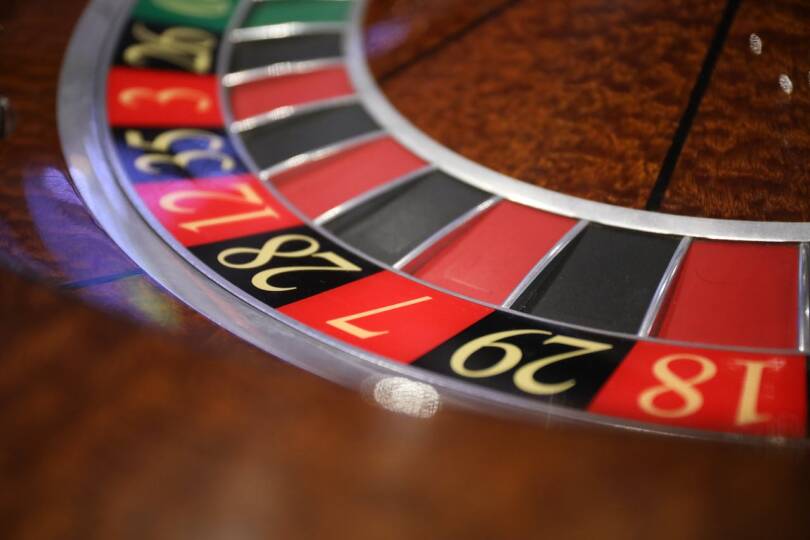The roulette wheel, a symbol of glamour and chance in casinos worldwide, has a fascinating history that traces back centuries. Its evolution reflects not only advancements in gaming technology but also the changing attitudes towards gambling and entertainment.
Origins and Evolution
The origins of the roulette wheel are somewhat murky, but it is widely believed to have evolved from a fusion of various English wheel games like Roly-Poly, Reiner, Ace of Hearts, and E.O., Italian board games such as Hoca and Biribi, and the French board game known as Roulette. The word “roulette” itself is French for “little wheel”.
The most accepted story is that the roulette wheel was invented in 1655 by Blaise Pascal, a French mathematician, physicist, and inventor. While developing a perpetual motion machine – a task that was destined to fail due to the laws of physics – Pascal is thought to have devised the mechanism of the roulette wheel. However, this narrative is more legend than fact, as there is no direct evidence linking Pascal to the invention of the roulette wheel.
8th Century: The Rise of Roulette in France
The game as we know it began to take shape in 18th century France. Early French roulette wheels had both a single and double zero, coloured red and black respectively. The zeros were introduced as a way for the casino to gain an advantage.
The single zero wheel was introduced in 1843 by Francois and Louis Blanc, two enterprising Frenchmen who wanted to offer a more attractive version of the game. This was done to compete with other casinos offering the traditional wheel with both single and double zeros.
Spread to America and Modifications
As the game of roulette made its way to America in the early 19th century, further modifications were made. The American wheel included a double zero (00), which increased the house edge and was different from the single zero used in the European version. This variation is now known as American Roulette.
The Roulette Wheel: A Design of Precision and Balance
The design and engineering of the roulette wheel are focused on achieving fairness and balance. The wheel is meticulously crafted to ensure that the ball behaves unpredictably, providing a fair game. Over the years, technology has enhanced the precision with which roulette wheels are manufactured. Modern wheels are often electronically monitored and balanced to avoid any bias.
The arrangement of numbers on the wheel is designed to achieve a balance between red and black, high and low, and odd and even numbers. For instance, the European wheel layout is designed so that each low number (1-18) is opposite a high number (19-36).
The roulette wheel has transcended its gaming roots to become a cultural icon. It is often used in literature, film, and art to symbolize chance, risk, and fortune. The unpredictability of the spinning wheel is a metaphor for the unpredictability of life itself.
The roulette wheel has played a central role in the evolution of casinos and gaming. It is one of the most popular and iconic casino games, attracting players with its blend of simplicity, sophistication, and the potential for big pay-outs.
Technological Advances
In the digital age, the roulette wheel has embraced technology. Online casinos offer virtual roulette games, using random number generators to mimic the unpredictability of a physical wheel. This has made roulette accessible to a broader audience, transcending geographical boundaries.
Future developments in roulette may include more advanced digital integration, enhancing the player’s experience with augmented reality or other technological innovations. However, the core elements of the game, built around the spinning wheel and its array of numbers, are likely to remain unchanged, preserving the timeless appeal of this classic casino game.
The history of the roulette wheel is a journey through technology, culture, and gaming. From its ambiguous origins to its status as a casino staple, the roulette wheel symbolizes chance and excitement. As it continues to evolve with technology, its essence remains a testament to the enduring allure of gaming and the human fascination with luck and chance.









